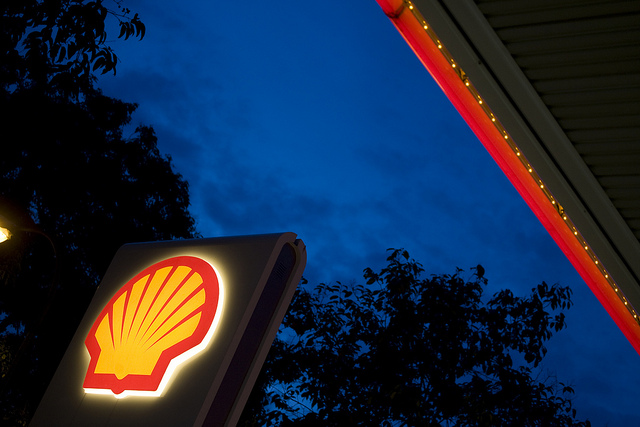Shell will step back from offshore wind development and focus on offtake contracts, a Reuters report has said.
A spokesperson for the oil and gas company told Reuters that Shell will not lead new offshore wind developments but remains interested in offtakes. Current± has approached Shell for more information.
In 2023, Shell launched a company-wide review aimed at reducing costs as its CEO Wael Sawan focuses on activities with high returns. Historically offshore wind has been the popular choice among oil and gas companies for low carbon investment (owing, theoretically, to their existing expertise in offshore production).
However, increased costs, supply chain issues and rising interest rates have narrowed profit margins—although recent moves within the UK would suggest that the sector remains strong.
Energy company SSE recently delayed commissioning its Dogger Bank A offshore wind farm, a joint venture with oil and gas supplier Equinor which owns the Rosebank oil and gas field in the North Sea, until late 2025.
Although Shell retreated from several international offshore wind projects in recent months, the company confirmed it will continue to develop offshore wind projects underway.
The changes were announced in an internal presentation by Shell Energy boss Greg Joiner on Wednesday, two company sources told Reuters. As well as back stepping on wind, Shell Energy will be split into two separate power generation and trading units (currently Shell Energy includes renewables, power generation and supply to customers).
“These two parts of our business will work closely together. In line with our simplification drive, the change is aimed at improving focus, accountability and delivery,” the person said.
Shell Power will focus on power generation assets and Shell Energy will do business in B2B retail, customer solutions, marketing and trading.
Oil and gas companies feel North Sea decline
In March, Shell scaled back its 2030 and 2035 emission reduction targets from a 20% reduction to 15-20% by 2030. Shell also “retired” its emissions reduction targets of 45% by 2035, indicating that it expects the world to fail to meet the Paris Climate Agreement.
BP also slashed its 2030 emissions reduction target from a 35-40% reduction to 20%-30%, compared with 2019 levels, in 2023. This was due to the firm’s commitment to increasing oil production to bolster energy security.
Shell and Equinor recently announced an incorporated joint venture to set up an independent oil and gas company for the UK, intended to “sustain domestic oil and gas production and security of energy supply in the UK”.
Although the effort to maintain oil and gas production in the North Sea is, on a surface level and in combination with Shell’s scaled-back approach to renewables development, damaging to the net zero transition, it indicates the decline of oil and gas.
Due to the diminishing reserves available in the North Sea, UK oil and gas production has been lower than demand for roughly 20 years, and much of the North Sea’s output is exported.
The joint company by Equinor and Shell will see the companies depart from the UK as individual operators demonstrating, arguably, the need to look to new technologies for energy generation.






